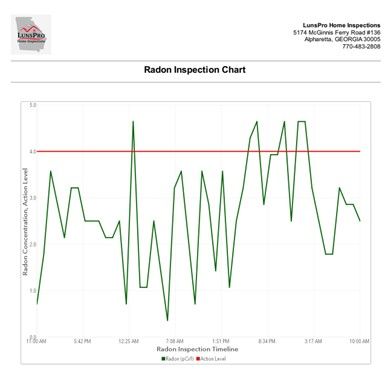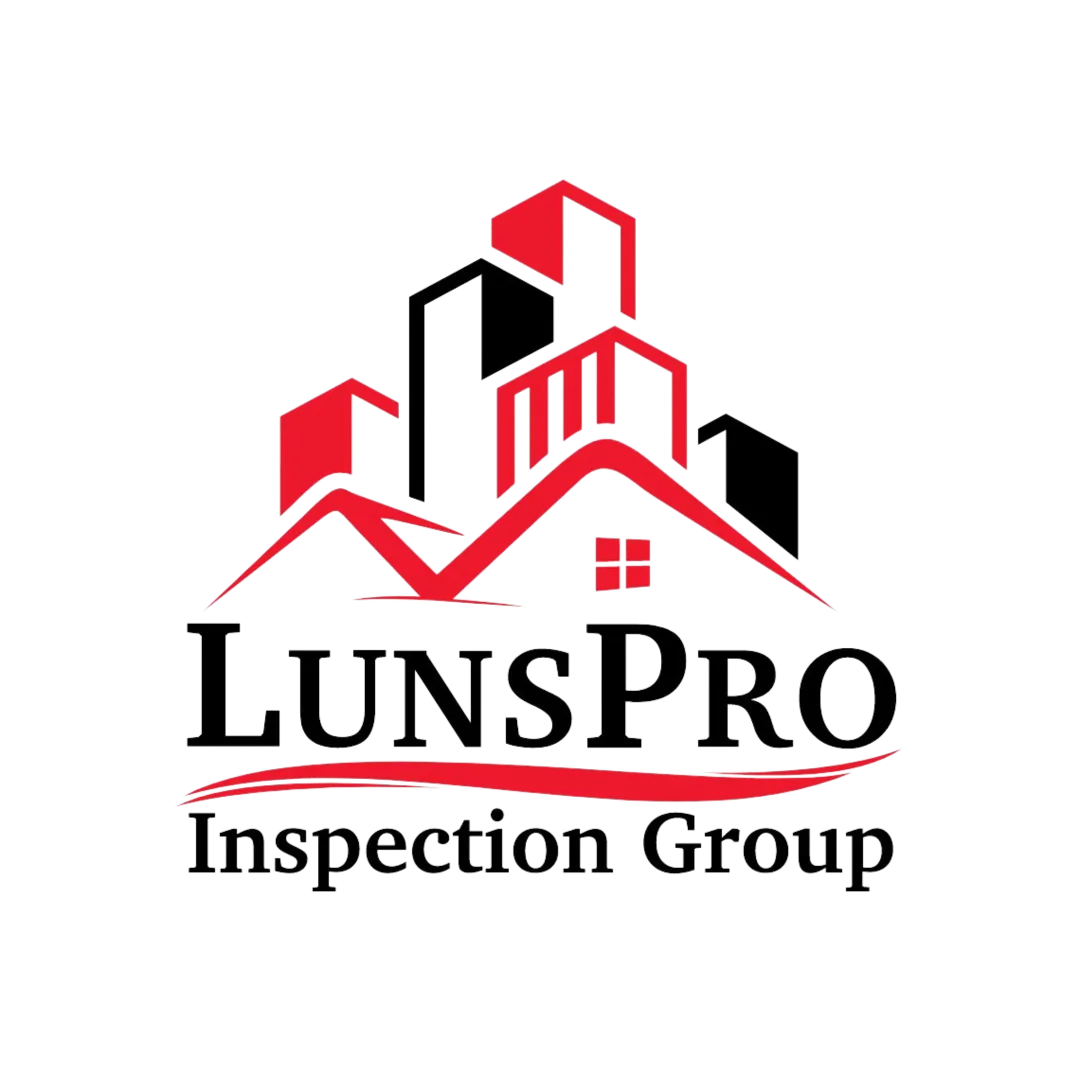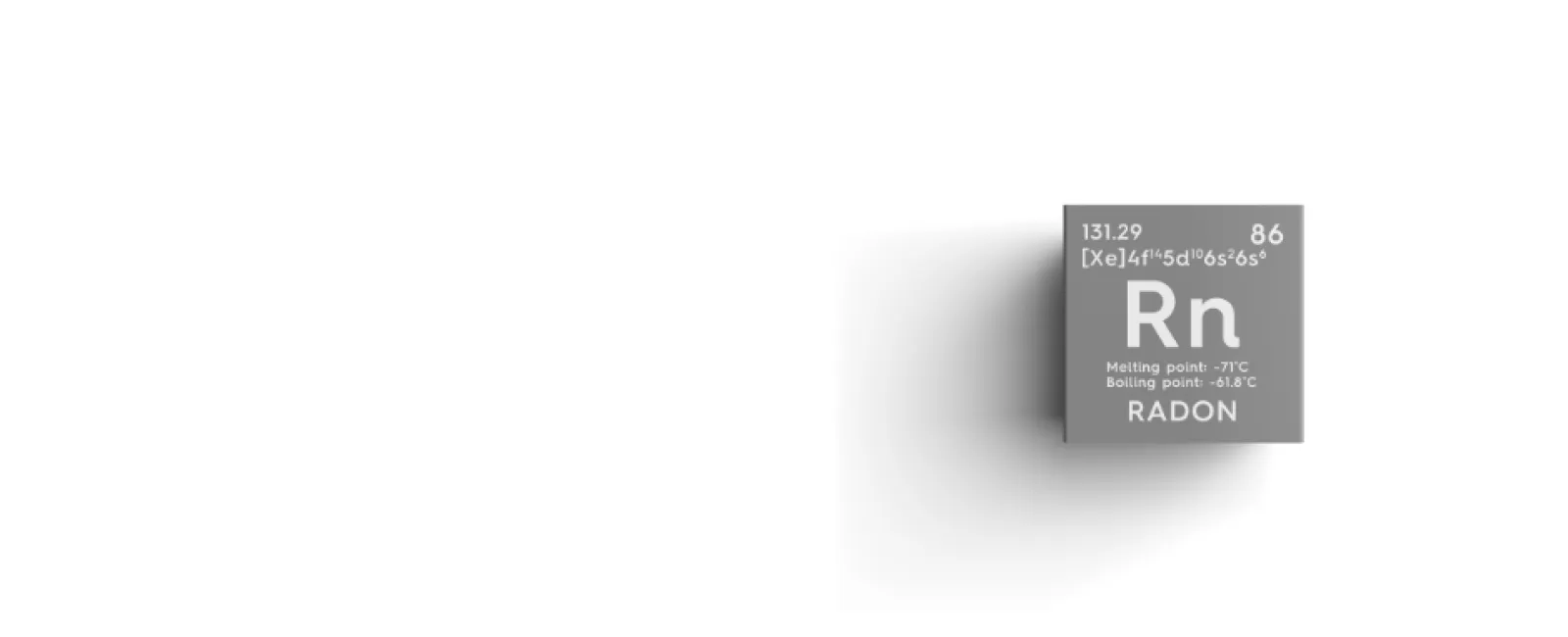Radon is a colorless and odorless gas
that comes from the breakdown of Uranium into the ground. It escapes from the
ground into the atmosphere. Because it is a gas, it can easily come through the
foundation of a home. According to the EPA, Radon collected in levels greater
than 4 PicoCuries Per Liter (pCi /L) is the second leading cause of Lung
Cancer. When Radon levels are high, a mitigation system can be installed to
remove the Radon gas from the house.
If a seller knows the Radon levels are
high, they need to disclose that information to a prospective buyer. They are
not required to remediate however, because Radon is a disclosure item, the
seller typically agrees to pay for remediation or allow for a credit to the
buyer to cover the expense. Each purchase and sale agreement is unique and the
Buyer's Agent would be the best person to guide the buyer on what to ask for
and accept.
As part of the Due Diligence period, the
buyer should have an inspection done. A Radon test is an optional part of the
inspection that should be done on all homes that have direct contact with the
ground and have not been tested within the last 5 years. Most of North Georgia
has a medium to high risk for elevated Radon.
The Radon test is a 48-hour test that
takes air samples of the lowest livable section of a home. It is common for the
Radon levels to spike up and down as the Radon enters the home and the
ventilation system carries it out. We are looking for an average level. See the
graph below where the Radon levels vary from roughly .25 to approximately 4.5.
The overall average is 2.7. Mitigation would not be recommended at this point.

After the test is done, the buyer and
their agent will be given the results. Together they will review them and
decide the course of action they want to take. As it is a disclosure item, a
seller is typically inclined to address the issue in some fashion. However,
they are not required to do so. They are only required to disclose the high
Radon levels to any other potential buyers.
If you are buying a home (or representing
a buyer) and the seller has disclosed high Radon levels and has declined to
install a mitigation system, the buyer should contact a mitigation company to
get an estimate for installation. The buyer and their agent should have a clear
conversation about that cost and how it will affect the contract negotiations
of the home. Just because the Radon levels are high, you don't need to walk
away from the home. It is simply one factor that needs to be considered as it
can easily be remedied. There is no stigma attached to homes with Radon
Mitigation and it should not affect the value of the home. The buyer should
also plan on re-testing every 5 years to make sure the system is working
properly.
Negotiating on a home with high Radon
levels:
The buyer and their agent will need to
have a conversation on what to ask for and how. Remember, each contract is
unique. Perhaps you are already paying well below market value and the seller
doesn't want to "give" anymore or they don't have the funds to pay for the
mitigation. Perhaps the buyer has some renovations planned that would reduce
the cost of the mitigation system and wants to handle it themselves. Or the
buyer might be paying market value and not be in a position to cover the
expense of Radon Mitigation right away. This is one of the ways having an agent
represent a buyer will be beneficial. The agent will be able to provide the
information and advice necessary for the buyer to make an informed decision.
One thing is clear though: A Radon
Mitigation system should be installed quickly in homes with high Radon levels.
For Real Estate Agents:
You have the best interests of your
client in mind. Encouraging them to get a Radon test in North Georgia is always
a good thing regardless of the foundation of the home. While homes on basements
and crawl spaces have the highest risk. Homes on a slab foundation are also at
risk, especially in a high-risk area. A great resource to see what areas have
higher risk levels is available HERE.
If the Radon levels come back high, you
will be the best one to guide your clients as to their next steps. While we
would always recommend a mitigation system be installed right away, we know
that sometimes there are circumstances that would prevent that from happening.
Making sure your client has the information to make the best decision is what
makes you a great agent and makes sure you have a happy client!
How can you test for Radon:
You want to make sure you have a
certified and trusted company that does the testing and is a third party.
Meaning that they do not sell or install Radon Mitigation systems. LunsPro Home
Inspections is a certified Radon tester and we do not offer any mitigation
services. We do have mitigation companies we can refer if needed.
LunsPro Home Inspections is available to
do Radon testing while a home is under contract or as a stand-alone service. We
utilize a 48-hour Continuous Radon Monitoring system for our tests and will get
the results to you as quickly as possible. We do not offer Radon Mitigation
services as we are an independent third-party inspection company.
To schedule Radon testing call/text us at 704-981-2922, email us at carolina@lunspro.com, or schedule online at www.lunsprocarolina.com.

